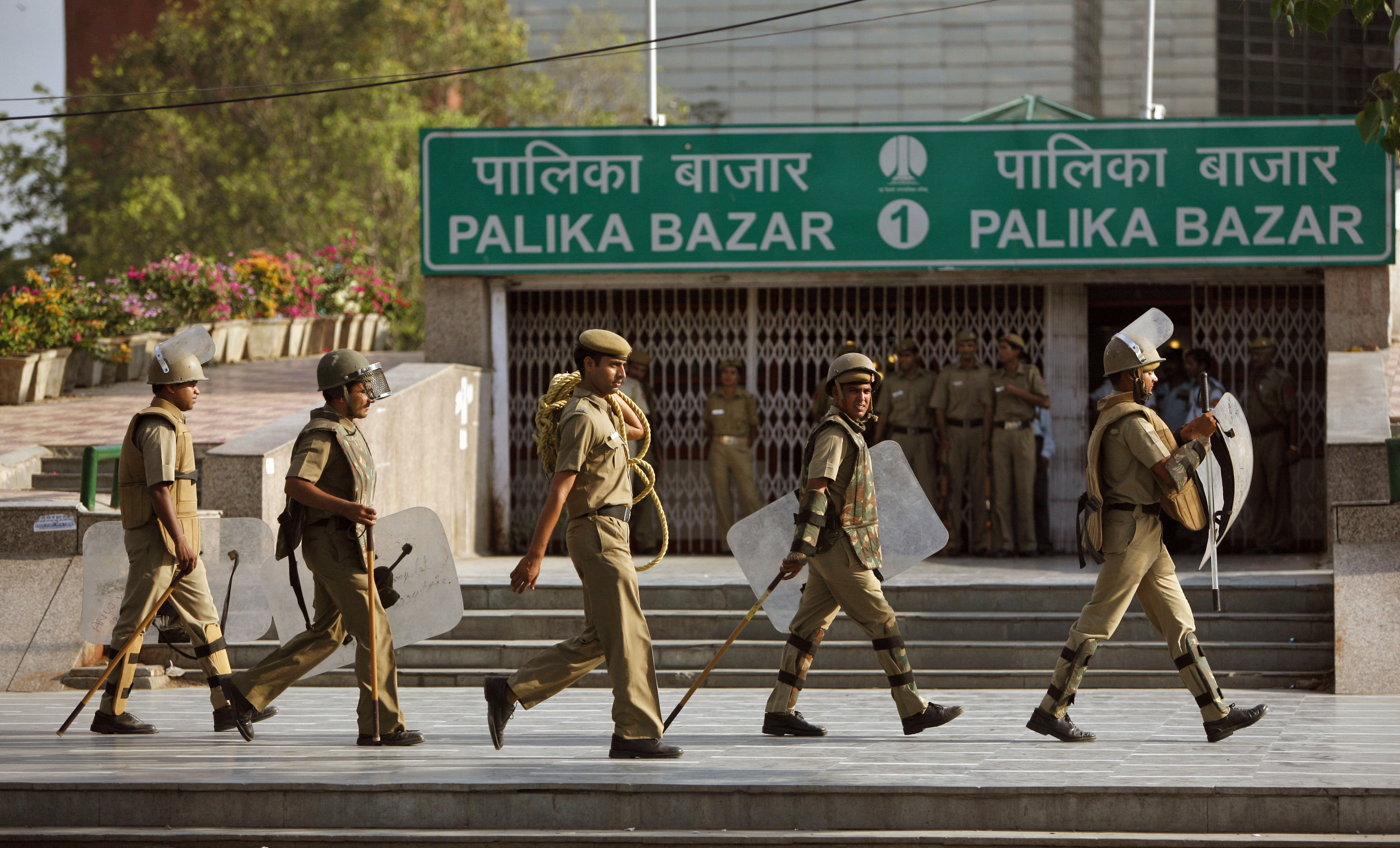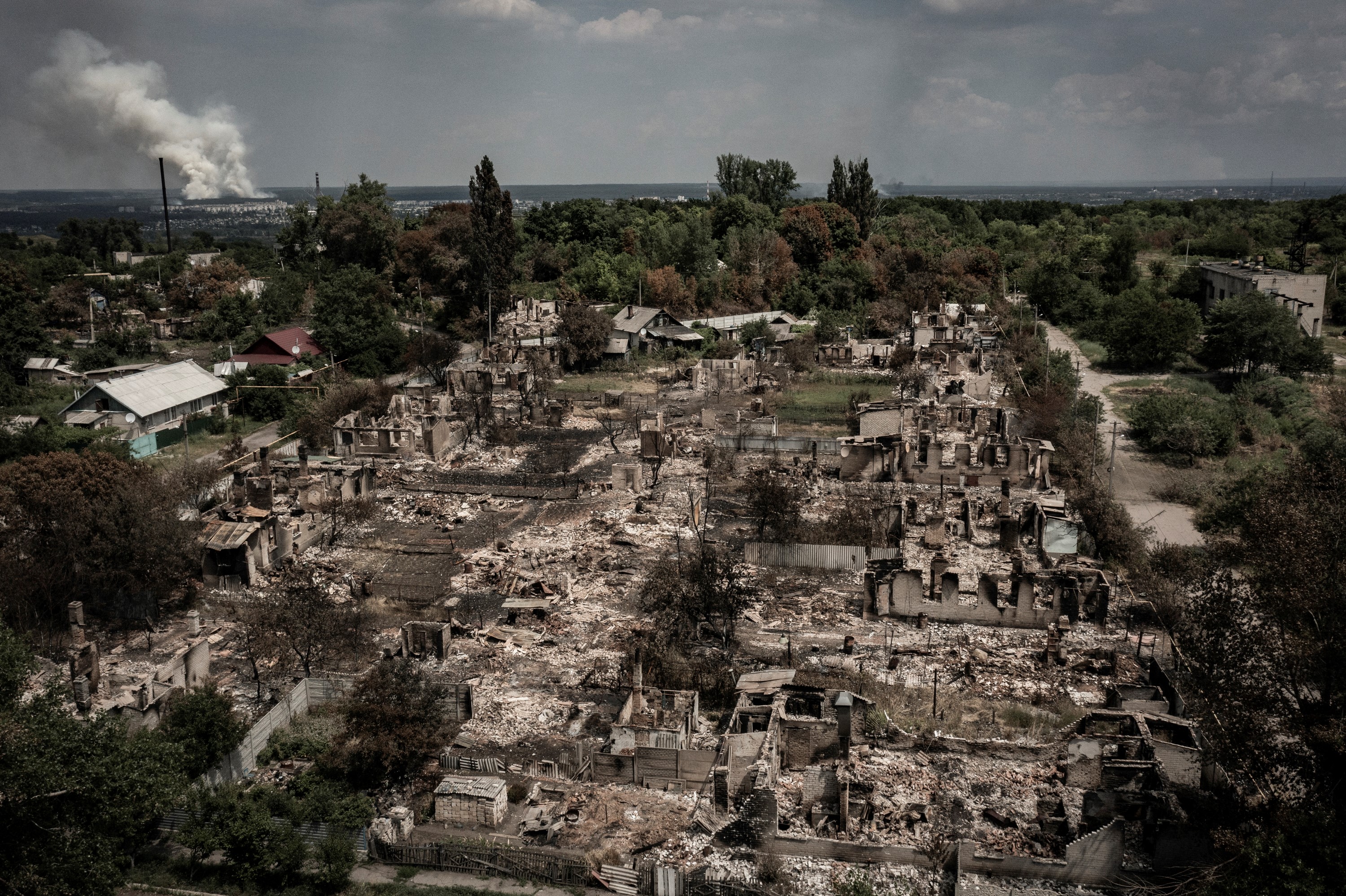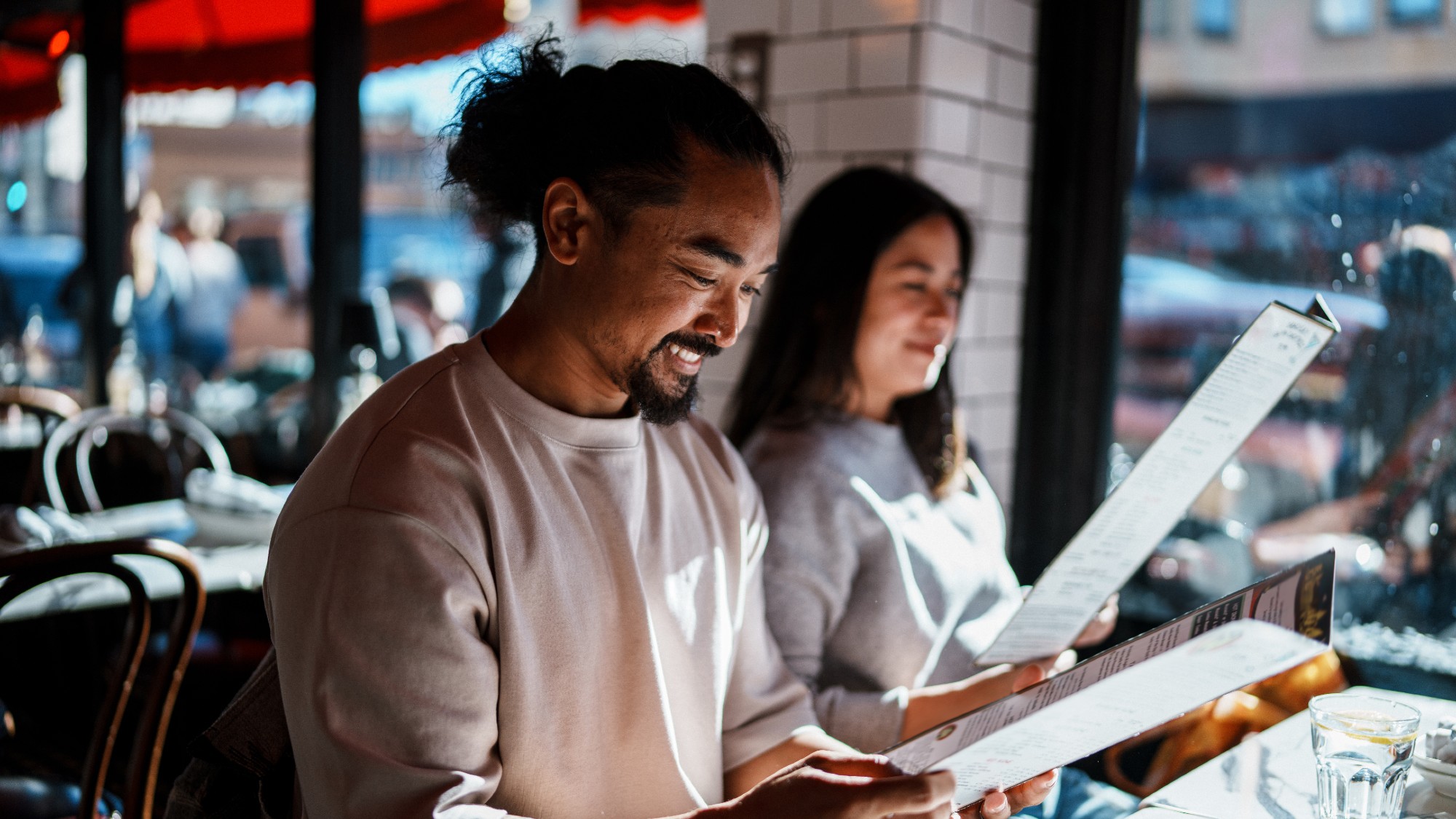What America could learn from India about preventing mass killings
We need a decentralized counterterrorism paradigm that does not rely on intelligence bureaucracies


Our sage leaders on both sides of the aisle believe that to preempt the next Orlando, we need to hand intelligence agencies more unconstitutional surveillance powers. Sen. John Cornyn (R-Texas) is already pushing to grant the FBI's long-standing wish to obtain the web browsing history and other electronic records in terrorism investigations without a court order. Meanwhile, presumptive Democratic presidential nominee Hillary Clinton wants to give the FBI more draconian powers to put people on government terror watch lists.
But the lesson from the Orlando massacre isn't just that our intelligence systems failed. It's that they cannot succeed.
We need a paradigm shift. Rather than keeping alive the false hope that centralized intelligence bureaucracies can effectively stop lone-wolf terrorists, we need to encourage private entities like clubs, malls, movie theaters, and other places where people gather to take charge of their own security — just like they do in other countries, like India.
The Week
Escape your echo chamber. Get the facts behind the news, plus analysis from multiple perspectives.

Sign up for The Week's Free Newsletters
From our morning news briefing to a weekly Good News Newsletter, get the best of The Week delivered directly to your inbox.
From our morning news briefing to a weekly Good News Newsletter, get the best of The Week delivered directly to your inbox.
Surveillance-based counter terrorism worked, at least in theory, when state actors whose designs could be ascertained by a network of informants and spies dominated the terrorism business. Even al Qaeda's cell model, where the mother organization in a distant land coordinated the actions of a group on foreign ground, could be targeted by intelligence agencies since terrorist members also needed to communicate among themselves. But lone-wolf terrorism in the vein of Orlando and San Bernardino has evolved to dodge precisely such surveillance.
Otherwise, Mateen wouldn't have succeeded. It's not like the FBI didn't investigate him. But the feds had to let him go because there was nothing incriminating in his past beyond some stray statements. It wasn't until his attack that he pledged allegiance to ISIS, but the FBI would have needed omniscience to see that coming.
It is likely that Mateen, who was clearly disturbed, suddenly decided to hitch his angst to a readily available ideology to give meaning to his feelings. We can debate ad nauseam whether it was his Muslim background or his closeted homosexuality that caused him to go radical, but from the standpoint of effective counterterrorism, that debate is worse than useless; it's a distraction. The sources of terrorism do and will vary. Remember that the bloodiest carnage by a homegrown terrorist in America was committed by a crazy white dude in Oklahoma 20 years ago. Also recall that the worst mass shooting in the world was perpetrated by another white lone-wolf terrorist, Andres Breivik, in Norway four years ago, when he gunned down 69 young people at a summer camp (and bombed another eight).
Breivik wrote the ultimate 1,518-page guide that helped transform the cell-based terror model to the atomized individual or lone-wolf model of terrorism. In his grisly study, Breivik cautioned future terrorists that they would increase their chance of being apprehended by 100 percent for every person they involve. “Don't trust anyone unless you absolutely need to (which should never be the case),” he wrote. "Do everything by yourself."
A free daily email with the biggest news stories of the day – and the best features from TheWeek.com
We live in an era of easy radicalization where Breivik's guide can aid any single would-be terrorist. Is it all that inconceivable that a neo-reactionary white guy who has had enough with the humiliation and emasculation from feministas could decide to bomb a meeting of Social Justice Warriors? Or a Black Lives Matter activist who thinks that white privilege has become so oppressive that the whole system needs to be blown up, piece by piece? How about an eco-warrior who believes that he'll be doing humanity a favor by taking out folks or factories with large carbon footprints?
Fixating on the motives of such extremists and trying to understand their ideology won't serve the cause of good policy. What we need is a counterterrorism strategy that works regardless of motives. That means building numerous, individual points of resistance.
To that end, liberal suggestions to ban assault weapons and impose other gun restrictions are truly benighted — not to mention atavistic. They also run counter to the strategy that Israel, the country with long and bitter experience dealing with the kind of terrorism that is only now fully maturing in America, has opted for.
Israel requires all its active duty soldiers — men and women — to carry their weapons and ammunition at all times, even when out on personal business. The idea is that terrorists can strike anywhere, anytime, and government cannot (and should not) be omnipresent, protecting every individual at every time. What is true for a tiny country like Israel is doubly true for an enormous one like America. To be sure, Israel has stringent civilian gun ownership regulations, but the relevant point is that the government doesn't zealously guard its monopoly on providing security.
Things are very similar in India. Movie theaters have private security resembling what you'd find at the airport. After the 2011 Mumbai attack, private establishments beefed up security even more, and often have armed guards at the entrances. It is now impossible to get into a mall without going through a metal detector or drive into a hotel without opening the trunk for examination. Neighborhoods have become gated communities. One can debate if all of this is effective and some of it is definitely overkill. But the fact is that people are making their own risk assessment and acting accordingly rather than relying on a distant government.
Something similar will need to happen in America if the terrorist threat keeps growing. It will be a huge mental adjustment, a shock to the system. We will be less carefree. But it's better than being less free.
Shikha Dalmia is a visiting fellow at the Mercatus Center at George Mason University studying the rise of populist authoritarianism. She is a Bloomberg View contributor and a columnist at the Washington Examiner, and she also writes regularly for The New York Times, USA Today, The Wall Street Journal, and numerous other publications. She considers herself to be a progressive libertarian and an agnostic with Buddhist longings and a Sufi soul.
-
 All roads to Ukraine-Russia peace run through Donetsk
All roads to Ukraine-Russia peace run through DonetskIN THE SPOTLIGHT Volodymyr Zelenskyy is floating a major concession on one of the thorniest issues in the complex negotiations between Ukraine and Russia
-
 Why is Trump killing off clean energy?
Why is Trump killing off clean energy?Today's Big Question President halts offshore wind farm construction
-
 8 restaurants that are exactly what you need this winter
8 restaurants that are exactly what you need this winterThe Week Recommends Old standards and exciting newcomers alike
-
 How Bulgaria’s government fell amid mass protests
How Bulgaria’s government fell amid mass protestsThe Explainer The country’s prime minister resigned as part of the fallout
-
 Femicide: Italy’s newest crime
Femicide: Italy’s newest crimeThe Explainer Landmark law to criminalise murder of a woman as an ‘act of hatred’ or ‘subjugation’ but critics say Italy is still deeply patriarchal
-
 Brazil’s Bolsonaro behind bars after appeals run out
Brazil’s Bolsonaro behind bars after appeals run outSpeed Read He will serve 27 years in prison
-
 Americans traveling abroad face renewed criticism in the Trump era
Americans traveling abroad face renewed criticism in the Trump eraThe Explainer Some of Trump’s behavior has Americans being questioned
-
 Nigeria confused by Trump invasion threat
Nigeria confused by Trump invasion threatSpeed Read Trump has claimed the country is persecuting Christians
-
 Sanae Takaichi: Japan’s Iron Lady set to be the country’s first woman prime minister
Sanae Takaichi: Japan’s Iron Lady set to be the country’s first woman prime ministerIn the Spotlight Takaichi is a member of Japan’s conservative, nationalist Liberal Democratic Party
-
 Russia is ‘helping China’ prepare for an invasion of Taiwan
Russia is ‘helping China’ prepare for an invasion of TaiwanIn the Spotlight Russia is reportedly allowing China access to military training
-
 Interpol arrests hundreds in Africa-wide sextortion crackdown
Interpol arrests hundreds in Africa-wide sextortion crackdownIN THE SPOTLIGHT A series of stings disrupts major cybercrime operations as law enforcement estimates millions in losses from schemes designed to prey on lonely users
